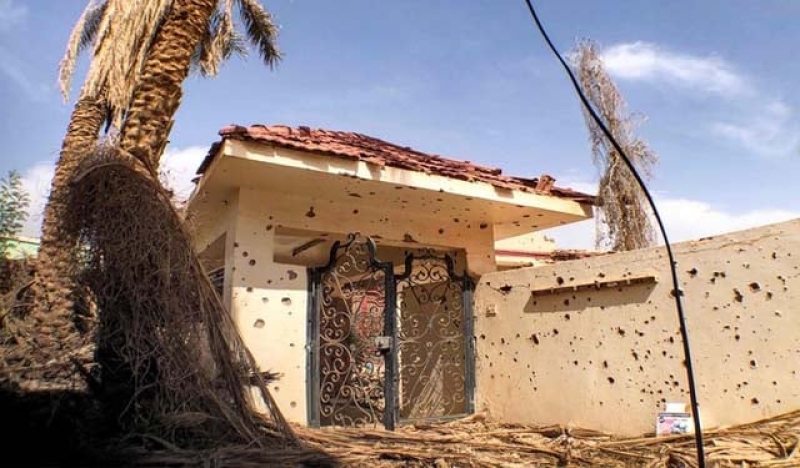- Nation Votes Tomorrow in 13th Poll, Referendum |
- Key in your hands, use it wisely: Prof Yunus tells voters |
- Yunus Urges Voters to Shape a ‘New Bangladesh’ |
- Bangladesh Polls: Campaign Ends as Voters Weigh Pledges |
- Bangladesh Heads to First Gen Z-Driven Competitive Poll |
Sudan facing 'inferno' of violence, crushing aid holdups: UN

Residents of conflict-hit Sudan are "trapped in an inferno of brutal violence" and increasingly at risk of famine due to the rainy season and blocked aid, the UN's humanitarian coordinator for the country warned Wednesday.
Tens of thousands of people have died and millions have been displaced since war broke out in April 2023 between the army and the paramilitary Rapid Support Forces (RSF).
"Famine is closing in. Diseases are closing in. The fighting is closing in and there's no end in sight," Clementine Nkweta-Salami told a press conference.
The grim situation is only expected to worsen, with "just six weeks before the lean season sets in, when food becomes less available, and more expensive."
Noting that more than four million people are facing potential famine, Nkweta-Salami added that the onset of the country's rainy season means that "reaching people in need becomes even more difficult."
The area's planting season also "could fail if we aren't able to procure and deliver seeds for farmers," she said.
And "after more than a year of conflict, the people of Sudan are trapped in an inferno of brutal violence."
"In short, the people of Sudan are in the path of a perfect storm that is growing more lethal by the day," Nkweta-Salami warned, adding that the humanitarian community needs "unfettered access to reach people in need, wherever they are."
The United Nations has expressed growing concern in recent days over reports of heavy fighting in densely populated areas as the RSF seeks control of El-Fasher, the last major city in the western Darfur region not under its control, reports BSS.
"Right now the humanitarian assistance they rely on can't get through," Nkweta-Salami said.
More than a dozen UN trucks loaded with medical equipment and food, which left Port Sudan on April 3, have still not reached El Fasher, she said, "due to insecurity and delays in getting clearances at checkpoints."

